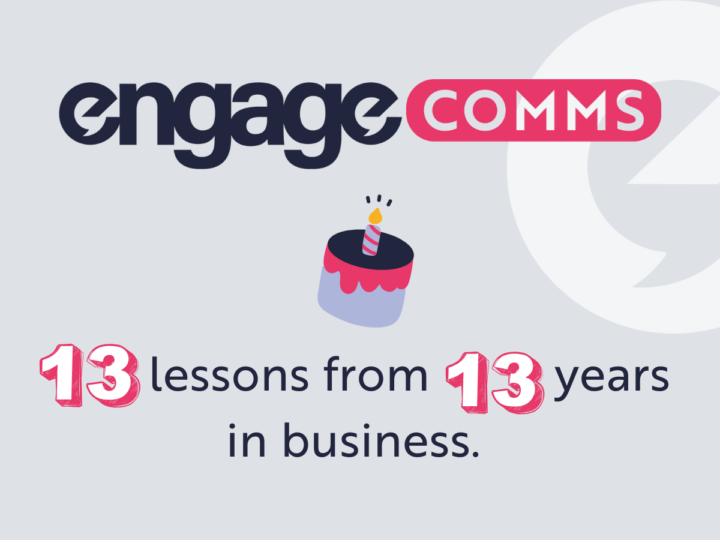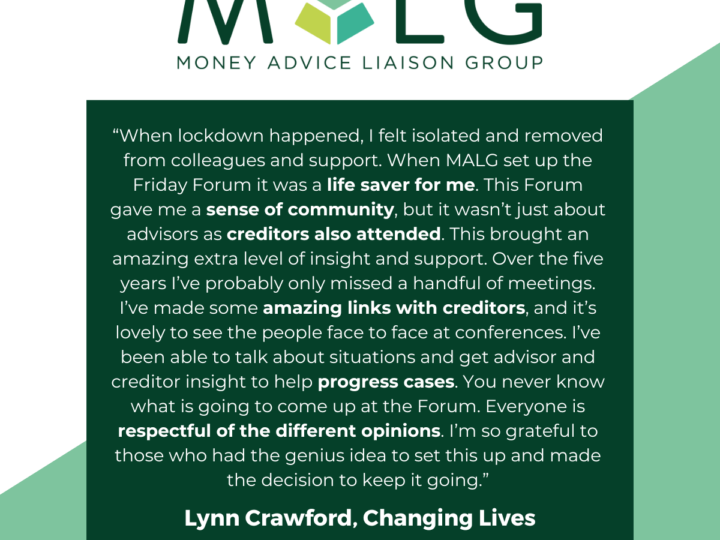 With Daniel Craig stepping down, the hunt for the new James Bond is on. Debate is rife over who would make the best spy from the charismatic Idris Elba to the first female 007 Gillian Anderson. It got us thinking about the characteristics that make a good spy and how they can be applied to business.
With Daniel Craig stepping down, the hunt for the new James Bond is on. Debate is rife over who would make the best spy from the charismatic Idris Elba to the first female 007 Gillian Anderson. It got us thinking about the characteristics that make a good spy and how they can be applied to business.
In an age of transparency, ‘spying’ might sound like the last thing you should be doing but when we talk about digitally ‘spying’ on your audiences, we don’t mean anything sinister. Social media gives you the opportunity to gather huge amounts of insight that your audiences are sharing freely in the public domain, so why not use it to your advantage?
Spying on your competitors
Unlike in Roger Moore’s day, you no longer have to wear beguiling disguises and hide around corners with your gun poised to find out what your opponents are up to. By regularly monitoring what your competitors are doing online, you can stay ahead of the game and make sure you’re not getting left behind. You can also spot where they’re missing opportunities that you could be capitalising on. Tools like Sprout Social even allow you to directly compare your performance on platforms like Twitter against your chosen competitors.
Keeping your finger on the pulse
Again, you don’t need any specialist spy equipment to find out what’s going on in your marketplace. We create weekly ‘agenda tracking’ reports for clients such as the Credit Services Association, which gives them a bank of intelligence about what key stakeholders and influencers are talking about online so that they can be part of the big conversations in their industry and be a leading voice on topical issues as they’re happening. We also create content plans that include key calendar dates which we can plan proactive content around. This means our clients are never taken by surprise or miss an opportunity.
Acting upon intelligence
Bond prides himself on being “a licensed troubleshooter” and you should too. But you don’t need a specialist listening device in your Aston Martin to find out what your customers or even employees think of you – with platforms like Trip Advisor, Trust Pilot and Glassdoor, they will now proactively post reviews. Online reviews now help three in five Britons choose a hotel or restaurant and the same is happening with products, services and even employers. How you monitor, manage, respond to and act upon these reviews is critical. It’s like getting some secret service-style intelligence and doing nothing with it.
There is a wealth of information out there which could help inform not just your marketing strategy, but the way you do business. Make sure you’re using it to your advantage. You know what they say, keep your friends close, and your enemies closer.


